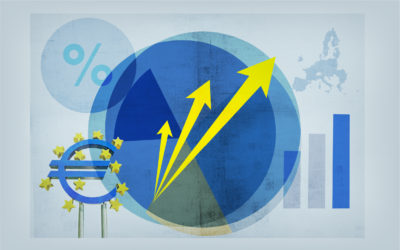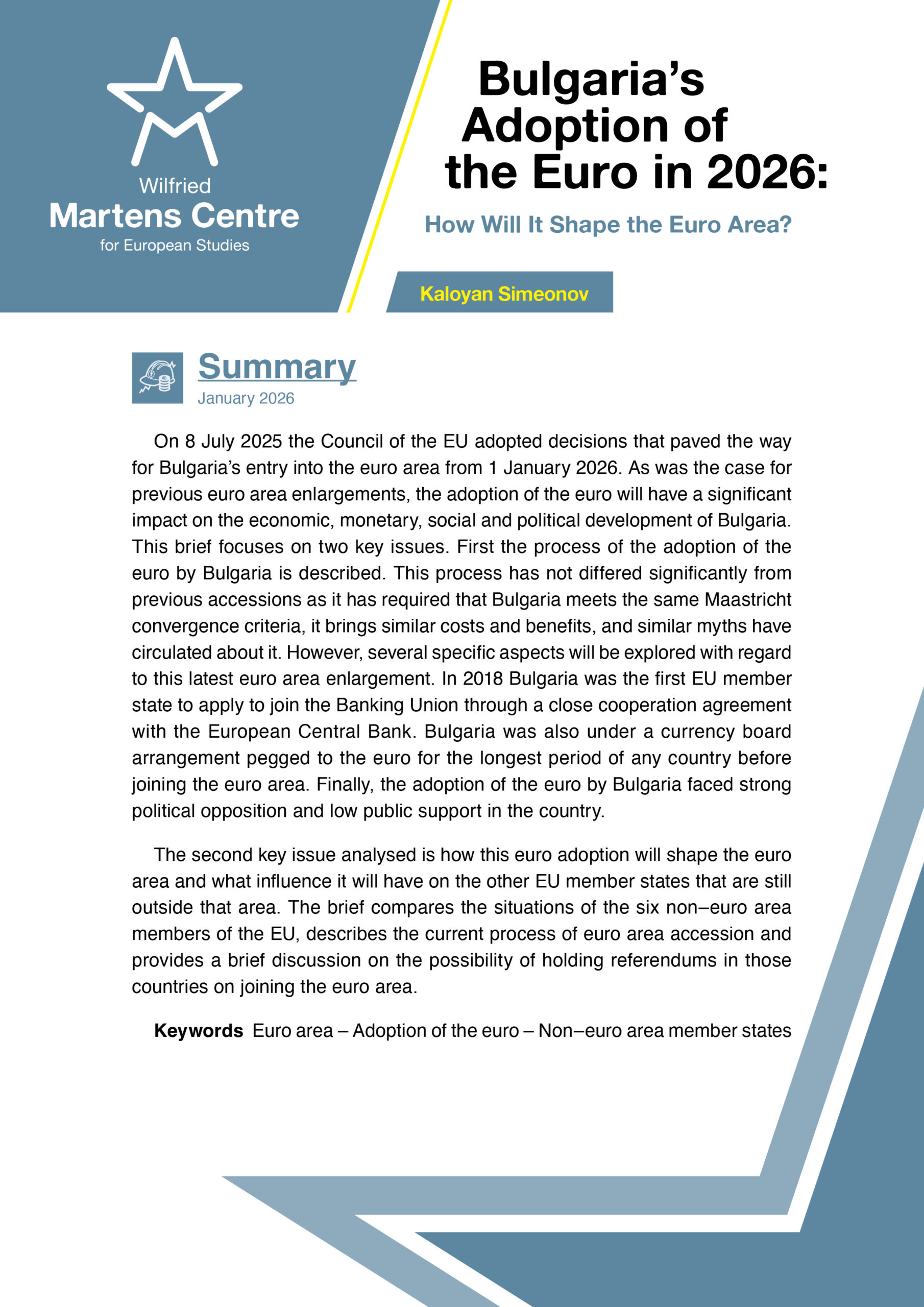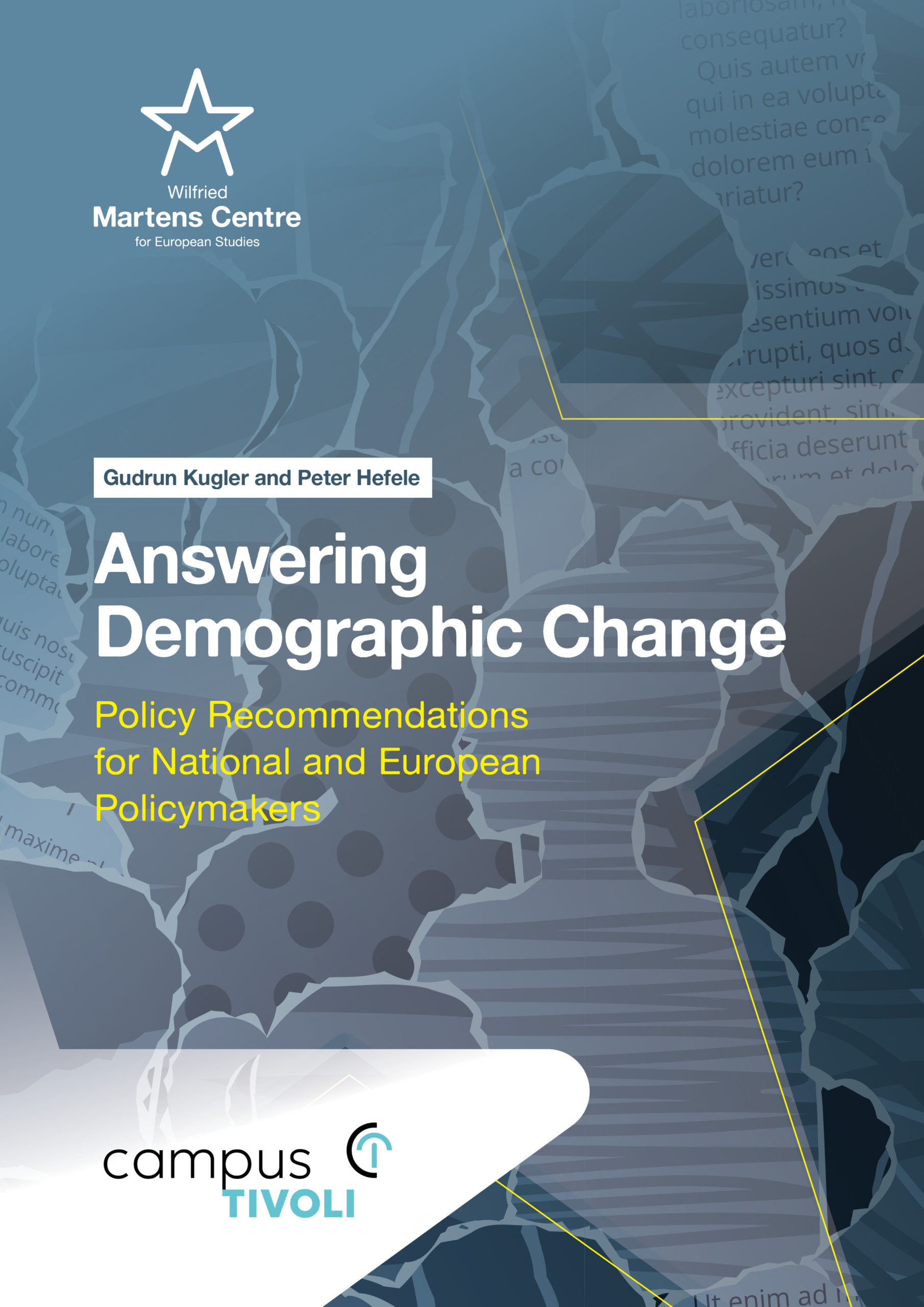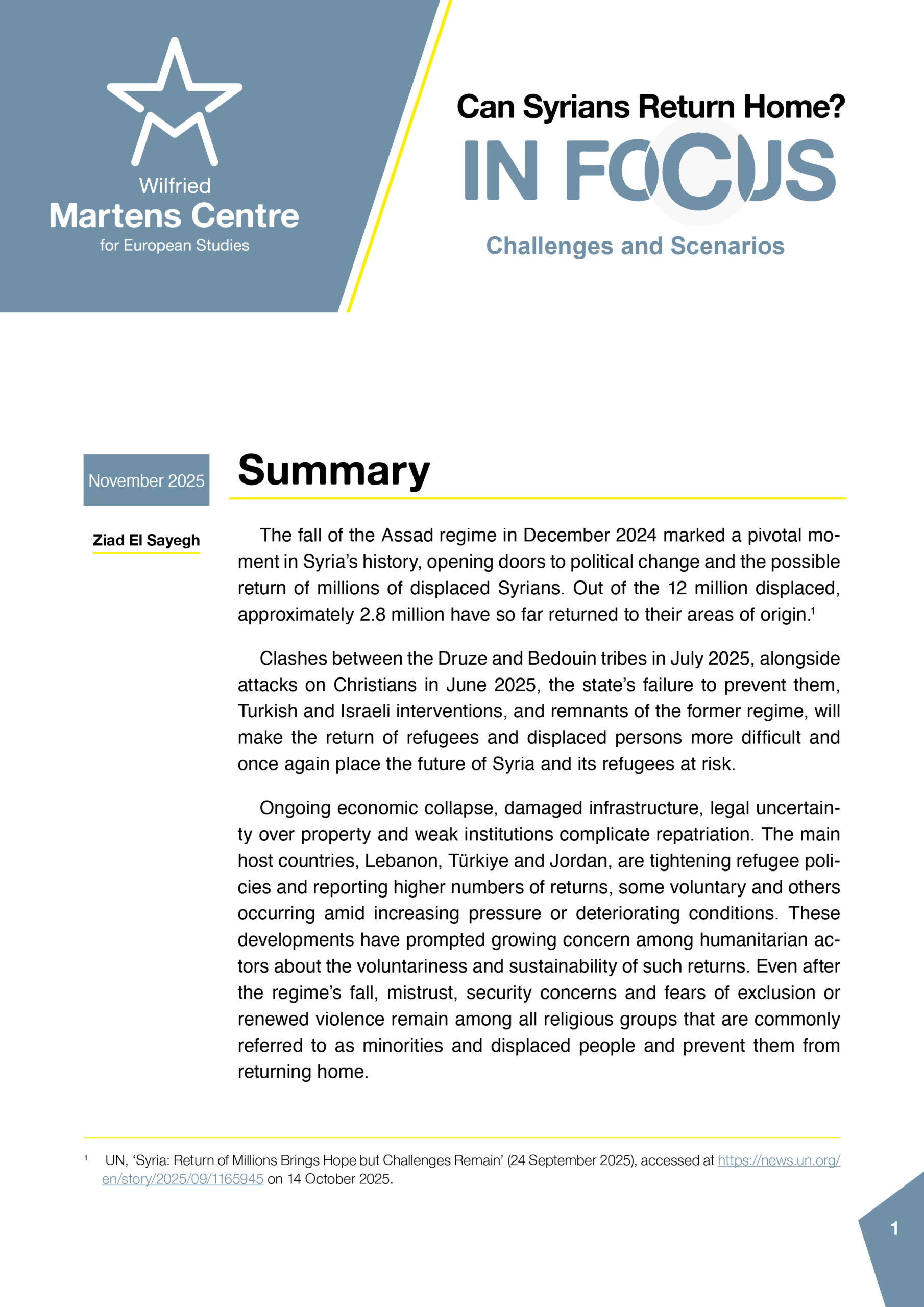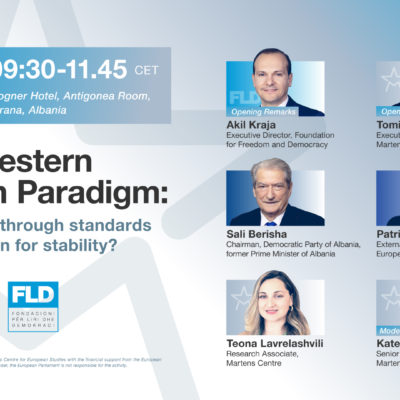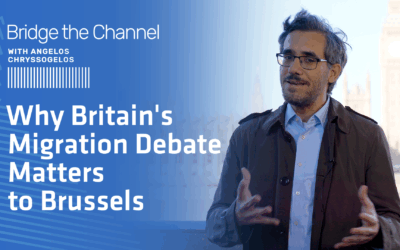‘Theory checking’: is unconditional free movement in the EU beneficial?
05 June 2014
In recent times, there is no shortage of people who check data and figures used by politicians in their electoral pledges. In this post I would like to carry out some kind of ‘theory checking’ regarding certain economic claims of anti-European leaders. In many cases, these claims have been found to be utter non-sense in economic theory since the time of Adam Smith, who is not exactly the most recent student of economics. Let us take, for example, the opposition of Marine Le Pen, leader of the French National Front, to trade liberalisation and her ceaseless calls for an ‘intelligent protectionism’ behind national frontiers.
Now, it turns out that no such thing as ‘intelligent protectionism’ has ever existed beyond the confused fancies of its upholders. ‘It is the maxim of every prudent master of a family’, Adam Smith wrote almost 240 years ago, ‘never to attempt to make at home what it will cost him more to make than to buy. […] What is prudence in the conduct of every private family can scarce be folly in that of a great kingdom’. In fact, the argument for free trade between states parallels the argument for interpersonal exchange within a state. They both depend on individuals freely deciding whose products meet their preferences best and thus directing societal resources to their most effective use. Who can possibly make that decision better than them?
Equally puzzling is the opposition of Eurosceptics to the free movement of persons within the European single market. It gets particularly entertaining when put forward by people who like to brand themselves as ‘classical liberals’, such as UKIP leader Nigel Farage. The dreams of this valiant orator seem to be haunted by hordes of Bulgarians and Romanians on the verge of invading the UK. Here again, the facts are known and there is no need to recap them (http://bit.ly/SAbLO1). The theory is more interesting. Labour is a factor of production, so there is a market for it. The bigger this market is, the higher the chances will be of an effective match between the demand and supply of labour. Within the European single market, the most effective match is sometimes likely to imply the utilisation of cheap labour, for example from new member countries, whose wages are still significantly lower than in Western Europe.
Why shouldn’t entrepreneurs buy from ‘foreigners’ what it would cost them more to buy from nationals, Adam Smith would ask? Because by pursuing their own economic profit, someone may answer, they will depress national wages and destroy national jobs. However, that’s not what economic theory predicts. If production costs decrease thanks to cheap labour, in the medium run prices in the affected industries will tend to fall relative to other prices, thus increasing people’s purchasing power and effective demand. This is likely to create new jobs, not destroy them, and to bring about a more effective use of societal resources. We can expect society at large to be better off, not worse off. It must be stressed that it is the entrepreneurial lure of profit that tends to bring prices down and make them converge towards the marginal costs of firms. Therefore, if competition is absent or insufficient in national markets, there is no way in which this virtuous spiral can be triggered. This conclusion is quite significant: the initial argument against the free movement of persons becomes an argument for more competitive national markets.
Let me consider for a moment the other usual objection against the free movement of persons, namely that it encourages ‘welfare shopping’, as they call it, in the EU. In other words, people are thought to resettle in countries where they can enjoy high welfare benefits and live a parasitical life off state finances. As above, I will put aside facts and focus on theory. If EU citizens take up jobs anywhere in the Union and contribute to public finances as much as nationals of the host state are we really to argue that they should be discriminated against just because of their nationality? I doubt that even the most hardline Eurosceptics would put forward such an argument.
The assumption must then be that they will not take up jobs and pay taxes, but simply stay idle and enjoy benefits for which nationals of the host country are paying. However, even if it were true, that is no argument against the free movement of persons either. At best it points to shortcomings in the way national benefit systems are structured and it should be addressed by redesigning them. After all, a system under which one, either national or not, can live for a long time off the public purse inevitably discourages everybody to actively look for jobs. That may be as true of some non-national EU citizens as of some unemployed citizens of the host country, who do not contribute to public finances either and may well remain unemployed for the same opportunistic reasons. Therefore, there would seem to be no reason for discriminating against foreigners as such.
My understanding is that any discrimination in the provision of welfare benefits based on nationality would hamper the working of the common market for labour, which represents the most powerful microeconomic justification for the free movement of people. For that market to work properly there must be no difference between the incentives to take up jobs for nationals and non-nationals from EU countries, except those inevitably implied by such issues as physical distance and language barriers. Only in this way can we be confident that the matching between demand and supply of labour will tend towards the best use of societal resources on the continent, and that competition will spread the benefits of this process to the highest number.
ENJOYING THIS CONTENT?





